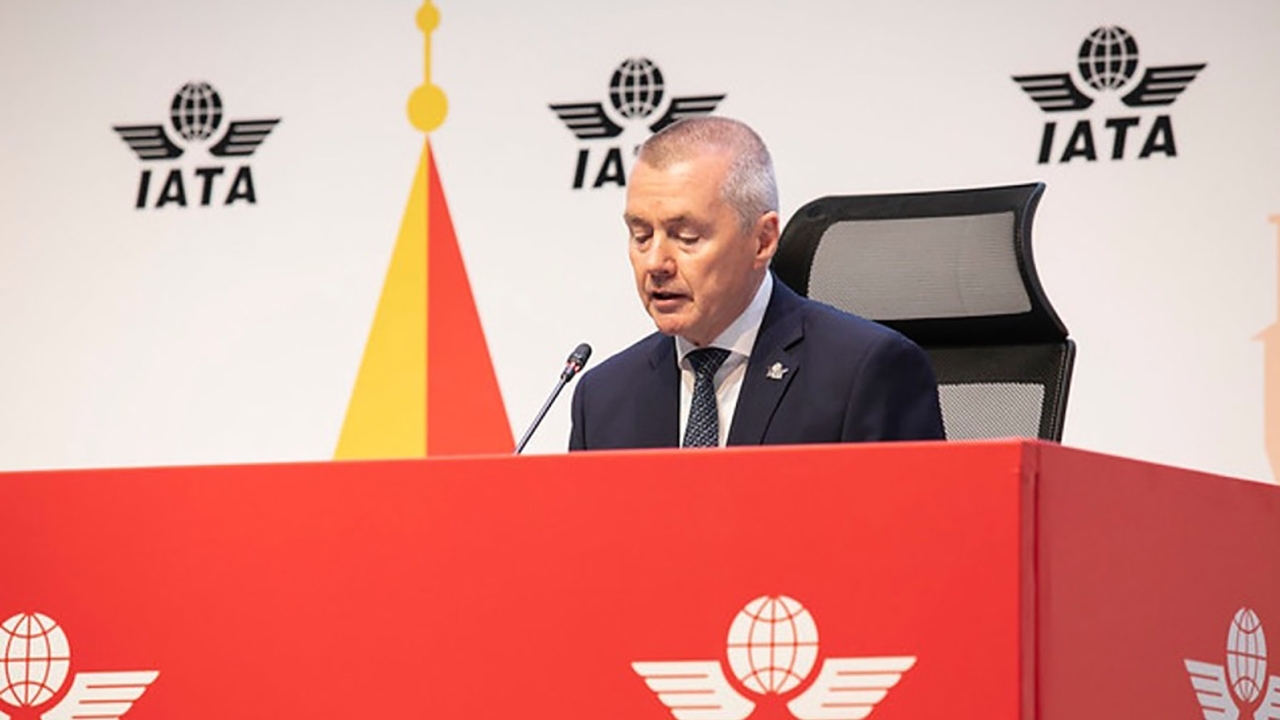Airline Associations join together to call for global alignment of slot regulations
Airline associations around the world called for governments to ensure the global alignment of airport slot regulations.

Image: IATA
This is to safeguard the consistent, fair, and transparent allocation of slots under the Worldwide Airport Slot Guidelines (WASG).
In a joint statement, the African Airlines Association (AFRAA), Airlines for America (A4A), Airlines International Representation in Europe (AIRE), Arab Air Carriers Organisation (AACO), Association of Asia-Pacific Airlines (AAPA), European Express Association, European Regions Airline Association (ERAA), International Air Transport Association (IATA) and Latin American and Caribbean Air Transport Association (ALTA) set out the benefits of the WASG, which has ensured decades of stability and consistency in the application of slot management. Under the WASG, consumers have benefitted from a consistent growth in reliable schedules and expansion to new markets, while airlines and airports have seen an increase in the utilisation of scarce airport capacity.
Fragmentation of slot regulation risks disruption to airline schedules and imperils the advances in global connectivity, efficiency, competition and choice which have characterised the aviation industry in recent decades. With the number of slot-regulated airports worldwide growing steadily, it is vital that governments recognise the importance of the harmonisation of slot regulations in line with the WASG.
The WASG has undergone a significant revision in recent years, with improvements to the new entrant definition to increase competition and access opportunities at congested airports. Slot performance monitoring has also been better defined to ensure optimal use of allocated slots. It is therefore important that national or regional slot regulations are aligned dynamically with the WASG so that the aviation sector and travellers can immediately benefit from these and other enhancements to the system.
The Associations also urged governments thinking of incorporating the WASG or amending existing slot regulations to work with the Worldwide Airport Slot Board, a body comprising slot experts from airlines, airports, and slot coordinators, who oversee expert revisions to the WASG. Consulting with this group of experts can ensure that governments, their economies and citizens, will continue to reap the benefits of an increasingly more interconnected, sustainable and efficient air transport network.
“The air transport industry thrives on consistent global standards. The Worldwide Airport Slot Guidelines are the unsung hero the air transport system. Because of the WASG, travellers, businesses and economies the world over have benefited from constant growth in air connectivity, strong competition, and route diversity while ensuring that utilisation of scarce airport capacity also increased. Governments should align their slot rules with this global standard to benefit from better air connectivity, efficiency, and consumer choice,” said Willie Walsh, IATA’s director general.
Stay up to date
Subscribe to the free Times Aerospace newsletter and receive the latest content every week. We'll never share your email address.

